Nutritional Insight - Minerals
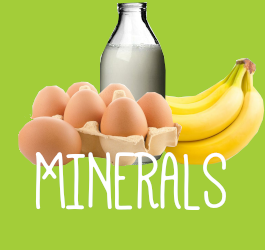

Introduction
Most of us know that we need Vitamins and Minerals to keep healthy, but how many of us know which ones are which? Or which ones give what benefits? They’re not some unified force that acts as one; each one has their own sources, purpose and requirements. This article defines what Vitamins and Minerals are, and dives into some of the more important minerals in detail.
Vitamins Vs. Minerals
Vitamins and Minerals fall under the term “Micronutrients.” They’re needed in small amounts (hence “micro”) for the body to carry out functions as expected. Your diet consists of more than just Carbohydrates, Fats and Proteins (which you’ll know as “Macronutrients”). Having and maintaining a diverse diet helps you hit every micro and macro nutrients you need in order to keep your body running as smoothly as possible.
Vitamins are organic substances, they contain an element called “Carbon” which is usually bonded to another element, Hydrogen.
Minerals are inorganic substances. Whilst they may contain Carbon, they’re not typically bonded with Hydrogen.
All living things require carbon, and this is where we get the idea that Organic = Carbon. This definition is true, mostly, but I’m not a scientist (well technically I am but a different kind), and there are some limitations on this concept that falls way beyond the scope of this topic of discussion.
Minerals
Minerals are found in soil and water, and are consumed by plants and animals. These may find themselves into our diets from when we consume fruits/vegetables and meat. The main minerals you’re familiar with are calcium, sodium and potassium, but there’s a whole list of other minerals (zinc, iodine…), which we need, though in very trace amounts.
Calcium
Calcium is pretty well known to be taken from dairy products (such as milk and cheese), and it helps build strong and healthy bones and teeth. It also regulates muscle contractions, including your heartbeat. On top of this, it helps ensure that your blood clots normally.
Adults are expected to consume about 700mg of Calcium a day.
Sodium
Sodium, or specifically Sodium Chloride, is more commonly known as Salt.
Its primary use helps balance the level of fluids in our body.
Interestingly enough, the average person in the UK consumes about 8g of salt a day, and the daily recommended is 6g (about 2.4g of sodium). Perhaps it’s time to have less of that salt n’ vinegar from the local chippy.
Potassium
Much like Sodium Chloride, Potassium helps keep the level of fluids in our body balanced. Furthermore, it helps the heart work properly, at least, the muscles of the heart work properly. If you’re alone for valentines day then I doubt bananas will help much at all (trust me, I’m speaking from experience).
Adults need about 3.5g of Potassium a day.
Zinc
Zinc helps make new cells and enzymes, all of which are used for all the different interactions in
our body. It helps when we try to process carbohydrates, fats and proteins (our macronutrients) in food.
Furthermore, it helps with healing wounds.
Men need about 9.5mg of Zinc a day, and women need about 7mg.
Iodine
You might have heard the term “Metabolic Rate”. This refers to the speed at which chemical reactions take place in our body. Iodine contains thyroid hormones and it's these hormones that help control your metabolic rate.
Most adults need about 140μg of Iodine a day.
Iron
Iron is necessary to help make red blood cells, which carry oxygen around the body. Having low amounts of Iron may cause an iron deficiency called anemia.
Men and women ages over 50 need about 8.7mg a day, and women need about 14.8mg a day.
Closing
That’s just a few of the important minerals that your body needs. I hope that this sheds a little bit of clarity on each of the details. The amount of each micronutrients you should consume a day comes from the NHS website - a UK government guide-line. If you found this interesting, be sure to check in with us again on Friday, where we explore all of the vitamins you need to keep healthy (there's a lot of 'em!)
Share this post
Related Posts
Fruit For The Office and Recycling
Fruit For Thought - Braeburn
Honeydew Melon Health Benefits and their History
Valentine's Day
Fruit For Thought - Banana
The Real History of Bananas! Where did we get the term Banana republic?
Easter Opening Times
Bank Holiday Procedure - 2023
How Caffeine Affects our Bodies
The Benefits of Early-Morning Deliveries
How fruit boosts productivity in the office
5 Delicious Fruits to Have in Summer
Our New Fruit Boxes | Fruit For The Office
How fruit helps in the heat
How to entice staff to eat fruit in the Workplace
The Fruitful Impact: How Fruits Reshaped History
What Do Fruit Delivery Companies Actually Do?
The Benefits Of Cucumbers | Everything you need to know!
Fruit For Thought - Pomegranate
How Pumpkins became associated with Halloween and their health Benefits for you
Bank Holiday Procedure and Planned Closures - 2024
Discover 10 Delicious Types of Pears - A Guide to Varieties
Discover 15 Exotic and Bizarre Fruits from Around the Globe
Everything to know about Skimmed Milk
8 reasons to get milk to the office
5 Critical Benefits of Healthy Office Snack Box Deliveries
Bank Holiday Procedure and Planned Closures - 2025
Tags
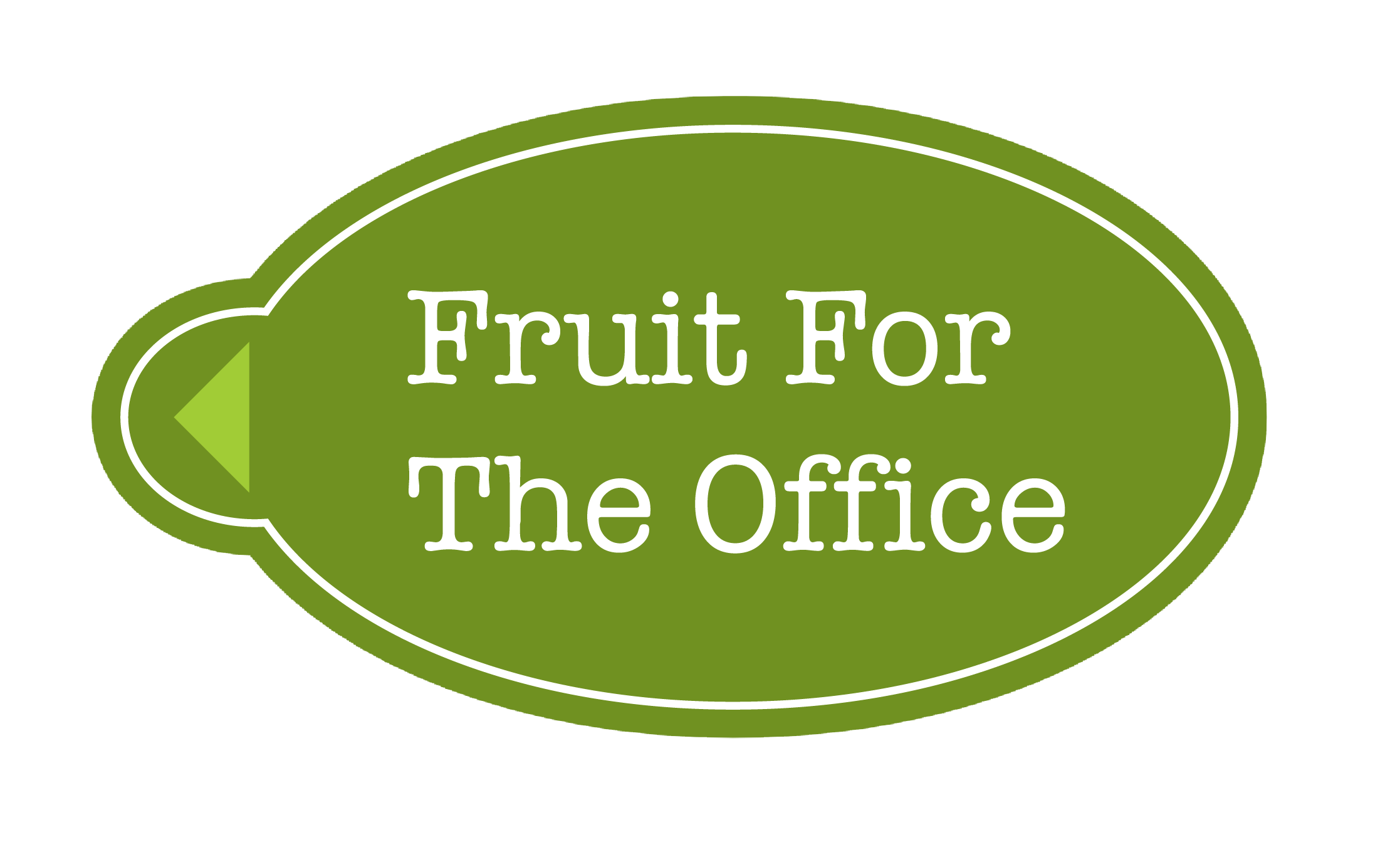

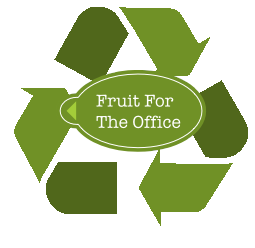















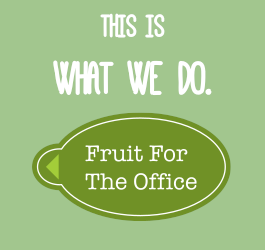
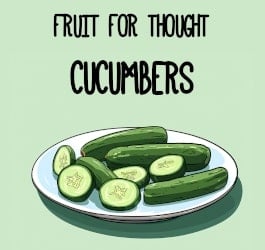




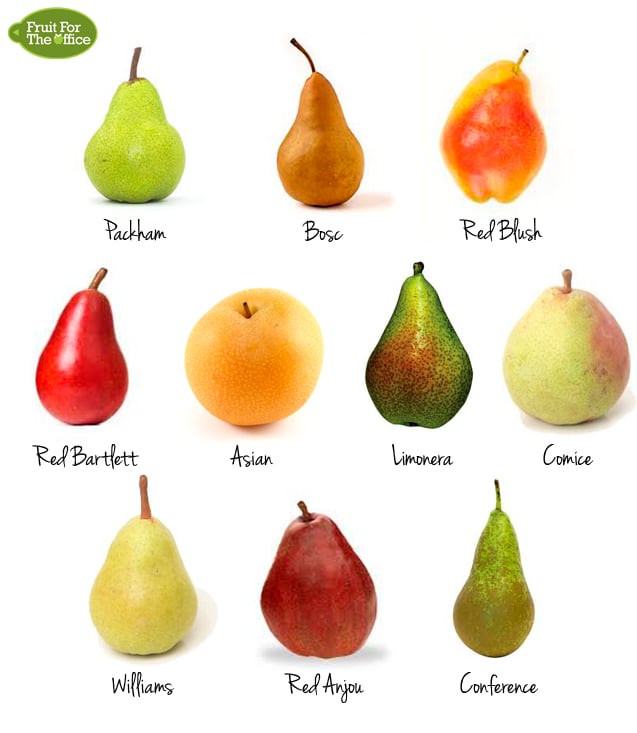
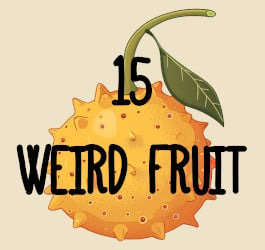
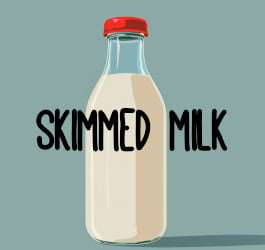
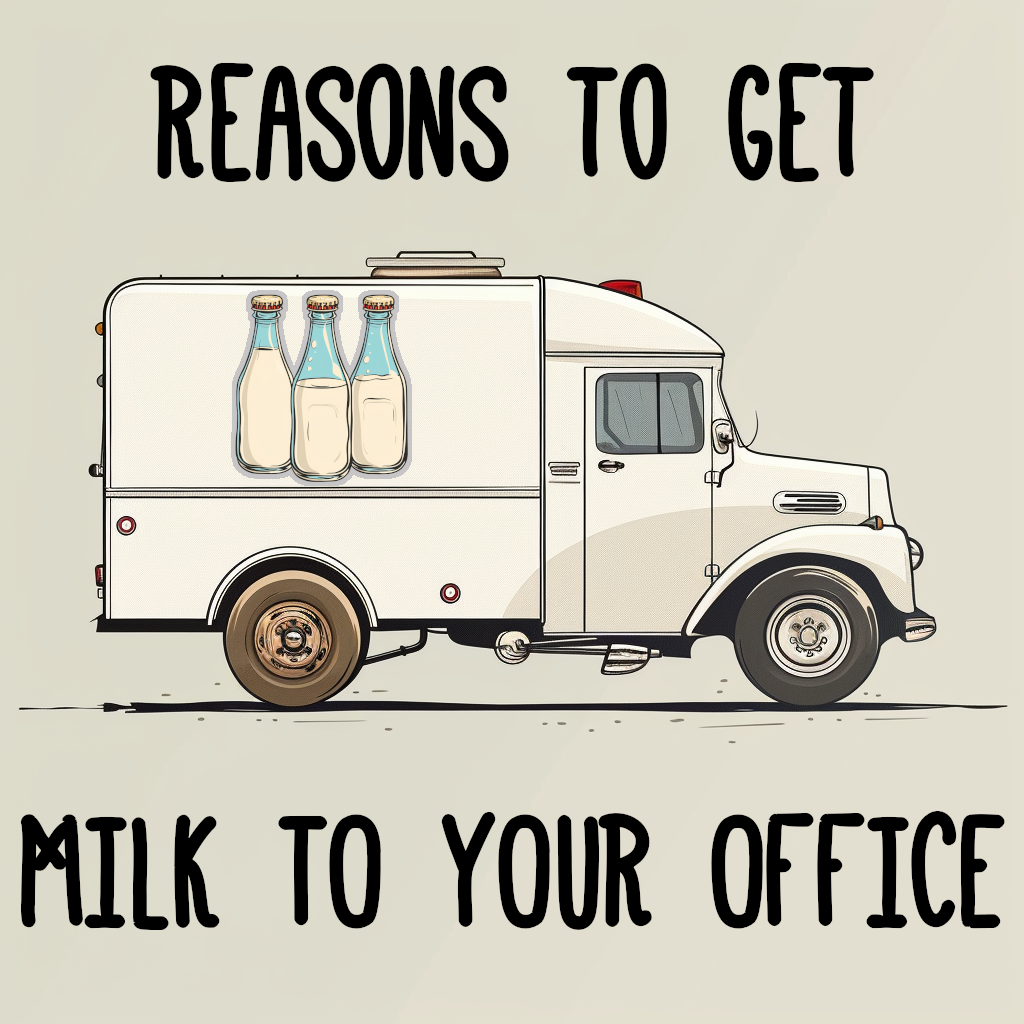

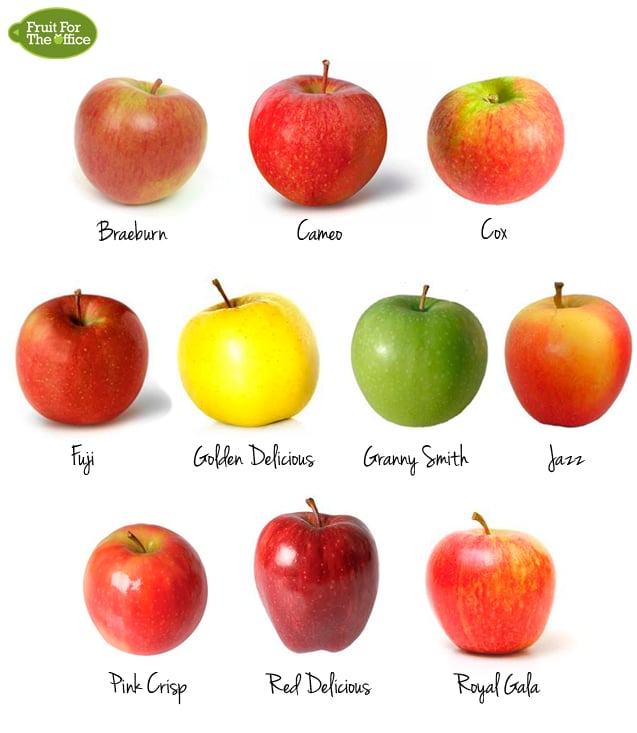





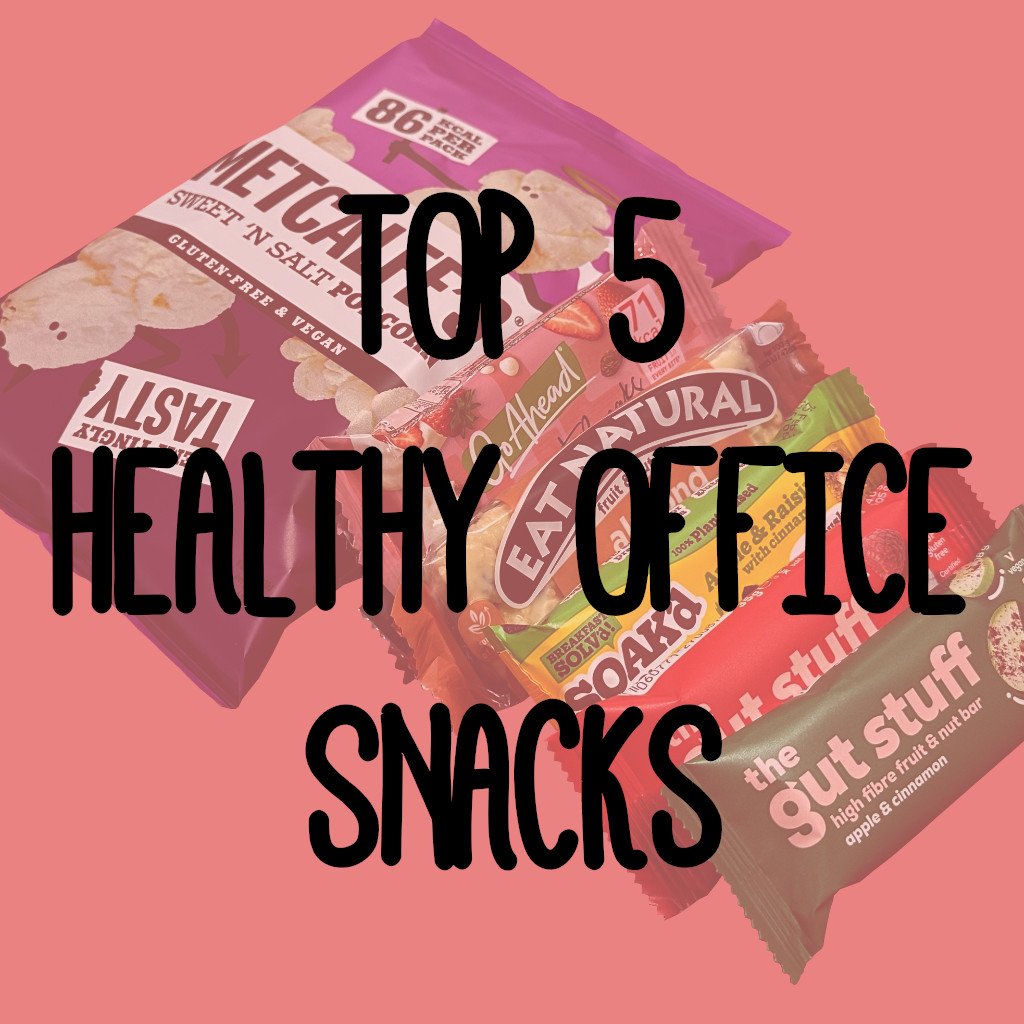
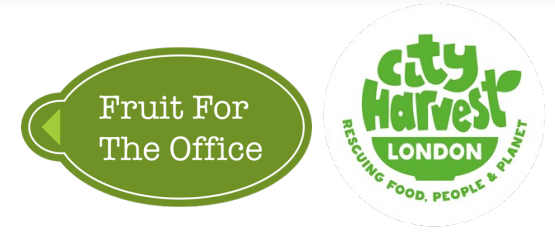

Comments